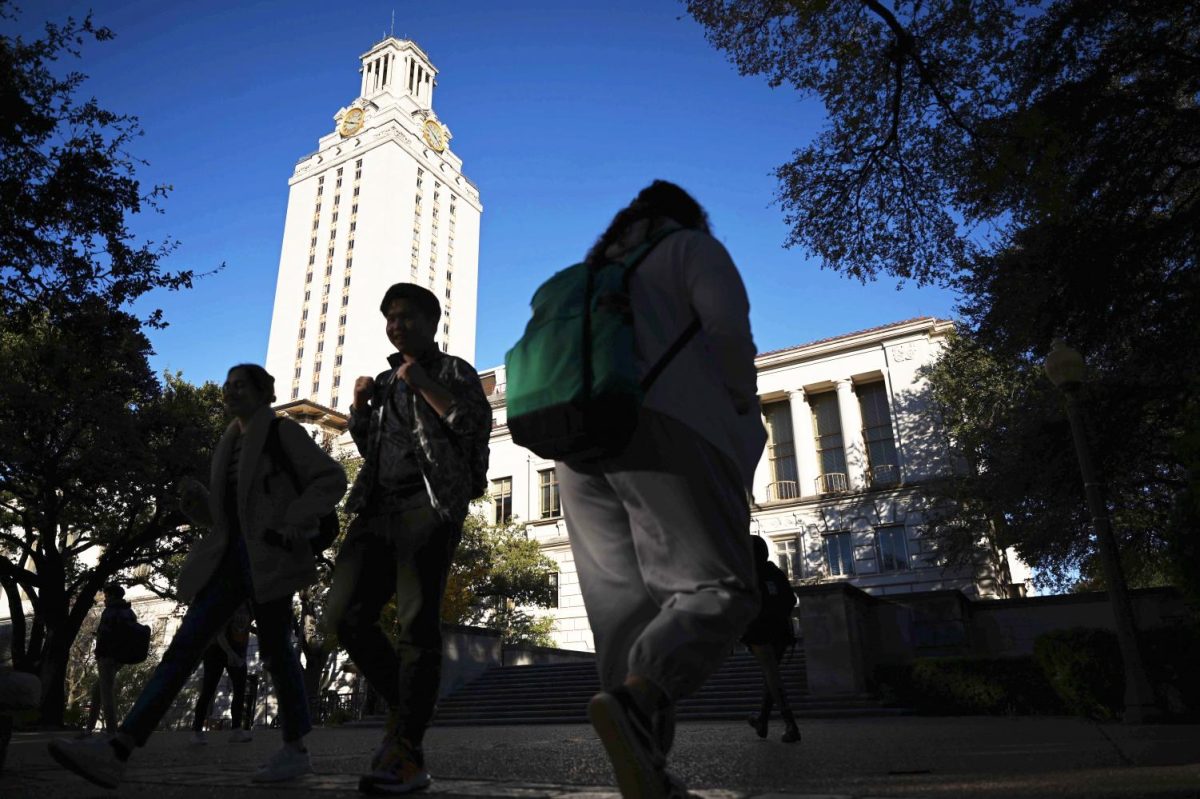A University-housed organization catered to Latina and Indigenous students is working on making changes to comply with the state’s diversity, equity and inclusion legislation slated to take effect on Jan. 1.
Senate Bill 17 requires all Texas public universities to close their diversity, equity and inclusion offices. The Latina/x and Indigenous Leadership Institute, housed under the University’s Division of Diversity and Community Engagement, is working with the University to adhere to the law before the deadline, according to LILI membership officer Natalia Torres.
“LILI is a safe place,” Torres said. “(It) provides a home away from home, and that means a lot. I just hope we don’t have to change.”
LILI, which holds events and workshops for students who identify as Latina/x or Indigenous, has a few options to comply with the law and remain a program with the University. Roxanna Sanchez, graduate assistant and program coordinator, said LILI can rebrand, which would likely involve changing its name and mission statement to remove any exclusivity to Latinas and Indigenous students.
“That’s honestly one of the last options,” Sanchez said. “(The officers) don’t want to rebrand to be nonspecific to an ethnic group. It defeats the purpose of the program.”
Sanchez said they can also move the organization to be housed under other academic departments, such as the Mexican American & Latina/o Studies department, which is what she and many officers are leaning towards.
“There would be no rebranding, but we might encounter a few problems with funding,” Sanchez said. “These academic departments don’t have the infrastructure that (the DDCE) has built around these programs. We’re trying to build a perfect bridge to offer support to these new departments that are going to be housing these programs.”
The organization also has the option of disbanding under the university and recreating LILI as a student organization to remain unchanged. However, LILI President Lauren Gomez said this would significantly cut LILI’s funding from the University.
“These shifts are occurring not by choice but rather by force as funding is being placed into question,” Gomez said. “I hope that LILI can shift to other departments that are not being affected by the DEI ban to ensure we are able to serve the communities that we intended to upon our founding.”
LILI is one of many other organizations that will be impacted by the legislation. The University is currently reviewing all programs to determine what alterations need to be made before Jan. 1.
Torres said the LILI officer team collected short testimonials from the officers about why they feel LILI is important and should remain as the Latina/x and Indigenous Leadership Institute. Sanchez said the DDCE is working with UT Legal to make a final decision.
“To be honest, I don’t think there’s much that the actual students can do in this position,” Sanchez said. “(The DDCE) are just as in the dark as we are. The state government isn’t offering so much clarity about what constitutes DEI initiatives. They’re doing their best, but it’s going to come with time to finally know how restricted we are.”
Sanchez said while the deadline for complying with the bill is Jan. 1, LILI will have more clarity about what the future of their organization is by early to mid-December.
“We’re trying our best to save these programs,” Sanchez said. “It’s encouraging to see faculty rise up to the challenge and be the voice for the students who often don’t get a voice on campus which is why we created these programs to begin with.”














